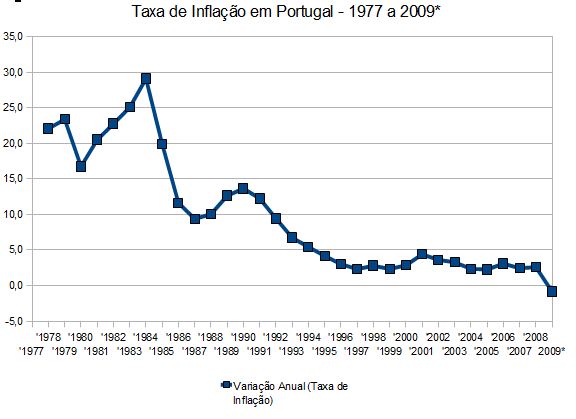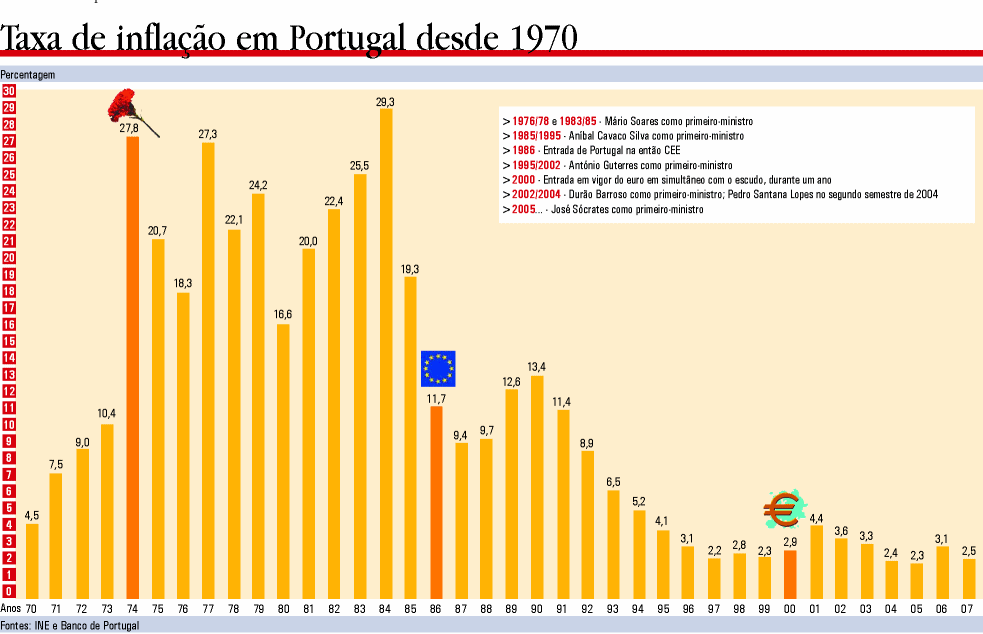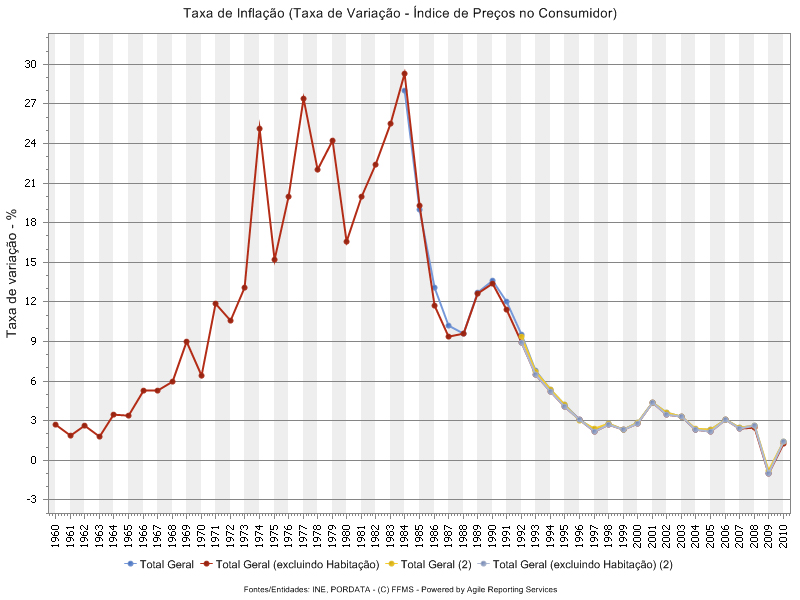Marc De Mesel wrote:
MediumTex wrote:
Marc De Mesel wrote:
I'm getting the impression that you do not respond to my counterarguments but instead ignore them and go on with giving new and other arguments in favor of your position. I'm feeling less attracted to continue giving more counterarguments to your future positions if you ignore my previous counterarguments.
Can you restate your counterargument?
My understanding of your argument so far is that all official reports of inflation are incorrect, even though the MIT Billion Prices Project and my own personal inflation experience matches those official figures pretty closely.
I will link to my counterarguments if that is ok.
My counterargument to the argument that 'MIT Billion Prices' confirms official inflation numbers is
here.
Okay, the argument you make there is this:
If you only take products from online retailers as they do then I also believe that inflation is only 2.5% like the official inflation, especially since 2008, as they do. We are in a consumer tightening cycle. Retailers are lowering profit margins to get rid of their products. In products you have a a serious globalization, deflationary effect of third world low labor costs as well as tight competition.
I'm not following exactly what you are saying. Are you saying that the fact that a price is from an online retailer doesn't mean that it's a real price? I don't think that a methodology is fatally flawed because it uses only online prices, especially considering that almost all brick and mortar stores have their prices posted online.
My counterargument to your personal experience matching official inflation numbers when it comes to housing is
here.
The argument you make there is:
I don't think your house represents the average situation in the US. From the indexes I see average housing prices in the US have still gone up by 5% per year since 2000, even after the correction since 2006. Would you agree or disagree?
You're right. Some houses have declined in value while mine has stayed the same, and other houses have appreciated in value. Across the board, though, housing prices have been falling, not rising, for several years, so whatever inflation was present prior to 2007 has not yet reappeared.
My counterargument to the argument that 'the whole treasury market is wrong' or 'why are interest rates so low if inflation is so high' is
here.
There you say:
Markets can be wrong for a decade and can reflect the truth about the previous decade only in the next decade.
And when it comes to the bond market, interest rates are highly manipulated. Most of the printed money goes directly to keeping up financial institutions, keeping financial bond interest rates artificially low, keeping mortgage and saving accounts interest rates artificially low, and the other half of the printed money goes to buying government bonds directly keeping those also at artificially high valuations & artificially low interest rates.
How high do you think interest rates for government bonds, mortgages and saving accounts would be if no money was printed, most of the banks would have defaulted and the FED doesn't buy half of the new issued government bonds?
Well, if you look at the bond market in the U.S., U.K., Germany and Japan, they are all basically following the same general deflationary trend and the respective central banks have engaged in bond market intervention at different times, in different amounts and with different stated strategies, and the result has been about the same.
Deflation pushes yields down. No central bank involvement is needed. This is just part of the process we are living through. The same thing happened in the 1930s.
I would say that central bank action has probably pushed yields on the short end of the yield curve closer to zero than they would have otherwise been (central banks have probably pushed yields 30-40 basis points lower than they would otherwise be), and I'm not sure that central bank action has influenced the long end of the curve by more than maybe 20-30 basis points.
My counterargument to your argument that wages are only rising at 2.5% and confirm the official low inflation is
here and
here.
The point you are making there is that wage increases have not kept up with inflation in recent decades, and I agree with this. What I am saying is that in recent years many workers in the U.S.
have seen no wage gains whatsoever, and many of them have seen wage declines (see American Airlines employees). That's not inflationary.
I also asked several questions in my counterarguments. I am not saying that you have to respond to my counterarguments, or you have to answer my questions to you. You are free to do not ofcourse. I am just saying that I don't enjoy this way of debating when someone does not recognize my counterarguments and comes up with other new arguments, or worse, just repeats the arguments that I have debunked already.
I think I responded to everything.
Note that my estimate is not that since 2000 until 2011 there has been 7-8% inflation in the US, my estimate is that it has been
around 5% (sorry to make it bold, not meant to scream but to imprint in the eyeball

, 5.5% if you want me to be exact. However, since 1972, mostly because of exceptionally high inflation in the 70's my estimated inflation is indeed on average 7.5% in the US. The distinction between 'since 2000' and 'since 1972' is important.
Well, I think we can agree on the 2000-2011 period. While I don't think inflation has been 5.5% since 2000, if it had been the PP still would have returned about 4.5% after inflation, which is what we are looking for.
As for the 1972-2011 period, if inflation had been 7.5% across the board during that period I don't see how any of us could afford to buy anything (not to mention the fact that wages haven't increased anything like 7.5% per year since 1972).
For example, in 1972 a new Corvette cost $5,472.00. At 7.5% inflation, that car would cost $98,738.00 today. How much does one actually cost today? $49,600.
In 1972, a gallon of milk cost $1.20. At 7.5% inflation, a gallon of milk would cost $21.65 today. How much does a gallon of milk cost today? Maybe $3.00.
In 1972, a gallon of gas cost $.36. At 7.5% inflation, a gallon of gas would cost $6.50 today. I filled up this morning for $2.99 a gallon.
Can you show me any product or service that has increased at 7.5% a year since 1972? Even tuition at Harvard University (which is an expensive school in a sector that has seen dramatic inflation) has only increased at an annual rate of 6.5% over that period.
 [/align]
[/align]





